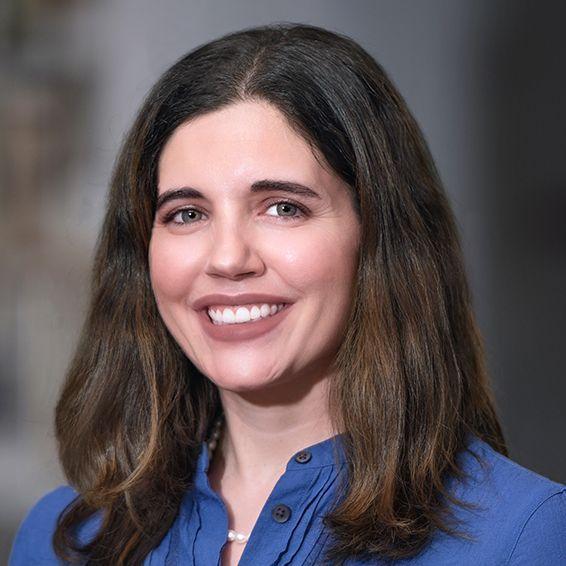Dr. Rachel Arey receives NIH Director’s New Innovator Award

Dr. Rachel Arey, assistant professor in the Department of Molecular and Cellular Biology and Center for Precision Environmental Health at 7mĘÓƵ, has been awarded the National Institutes of Health Director’s New Innovator Award. She will receive a $1.5 million grant to study the molecular mechanisms of learning and memory in nematodes.
“The brain is an incredibly complicated organ. Molecular changes in individual neurons coordinate across the entire brain, leading to complex behavior like our ability to learn and recall something years later,” Arey said. “My lab will study what is happening in those neurons and what molecules are necessary to form, store and recall long-term memory.”
Arey’s research uses the nematode C. elegans, a simple invertebrate model, to study the core mechanisms of long-term memory. Her lab will use repetitive conditioning, just like Ivan Pavlov’s dog experiment, to train worms to favor a certain smell and then test the worm’s memory for the smell. Using cutting-edge genomic and transcriptomic technology, they will measure the molecular signatures of neurons as the cells respond to this memory training.
“We will manipulate genes of interest in specific neurons at times we think may be important to forming memory,” Arey said. “We want to know if memory is lost if we take a gene away at a certain time and place.”
Because up to 70% of the worm’s genome has a functional ortholog in the human genome, Arey’s research can offer insight on how human memory works. Arey hopes that cataloguing the function of specific genes and molecules in forming and retaining memory will help in future study of age-related cognitive decline and memory-related disorders.
“Learning and memory issues are part of many neurological disorders,” Arey said. “A fundamental understanding of how we learn and remember could help us better understand these diseases and their underlying genetic causes.”
, a part of the NIH Common Fund’s High-Risk, High-Reward Research program, supports unusually innovative research from early career investigators who are within 10 years of their final degree or clinical residency and have not yet received an NIH R01 or equivalent grant. Arey’s research is funded by NIH grant DP2 NS132372-01. Read more about the High-Risk, High-Reward program .



